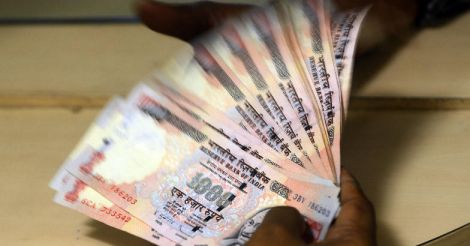What if the government is planning to deposit some money-the 'some' being about half a lakh- each month into your account? All adults would get the money monthly and if there are four people in a family, you could easily get two lakhs a month.
Before writing this off as a pipe dream, consider this. Norwegian nations are said to be planning for such a move. Switzerland and Holland are also considering it.
Those who are not inclined to be active in their lives would perhaps find this too good to be true. In a town called Marika, near Rio de Janeiro, all citizens are given USD3 a month as part of royalty for selling oil. Marika Mayor says this is the start of creating a uniform world.
Read also: Chasing venture capitalists? Here's what you need to know
Such an income is called universal basic income. That would allow everyone to live happily. If you need more income, you can go out and work. When the government starts supporting one with basic needs, all would focus on doing the work that one enjoys. Those who propagate this idea feel that future generations might not believe that people once toiled hard to live.
Finland is planning to give some citizens the equivalent of Rs 60,000 a month. Similar systems exist in the US and UK where monthly payments are doled out to people in the name of social security. It seems J.K. Rowling was on social security allowance when she wrote Harry Porter.
Before you start to harp that similar systems are needed in India, consider the fact that developed nations do not need to spend money on development. However, such systems are imminent because of rapid industrialization. Even low-cost skill would go out of demand because of robots. Now, when employment goes down, criminal tendencies could increase. The monthly wages would put an end to this. However, it might take a long time for such benefits to make their appearance in our nation.
Tail piece: It seems the number of the super poor has doubled in the US in the past one decade. Now there are about 15 lakhs of such people in the US.

























 Representational image
Representational image